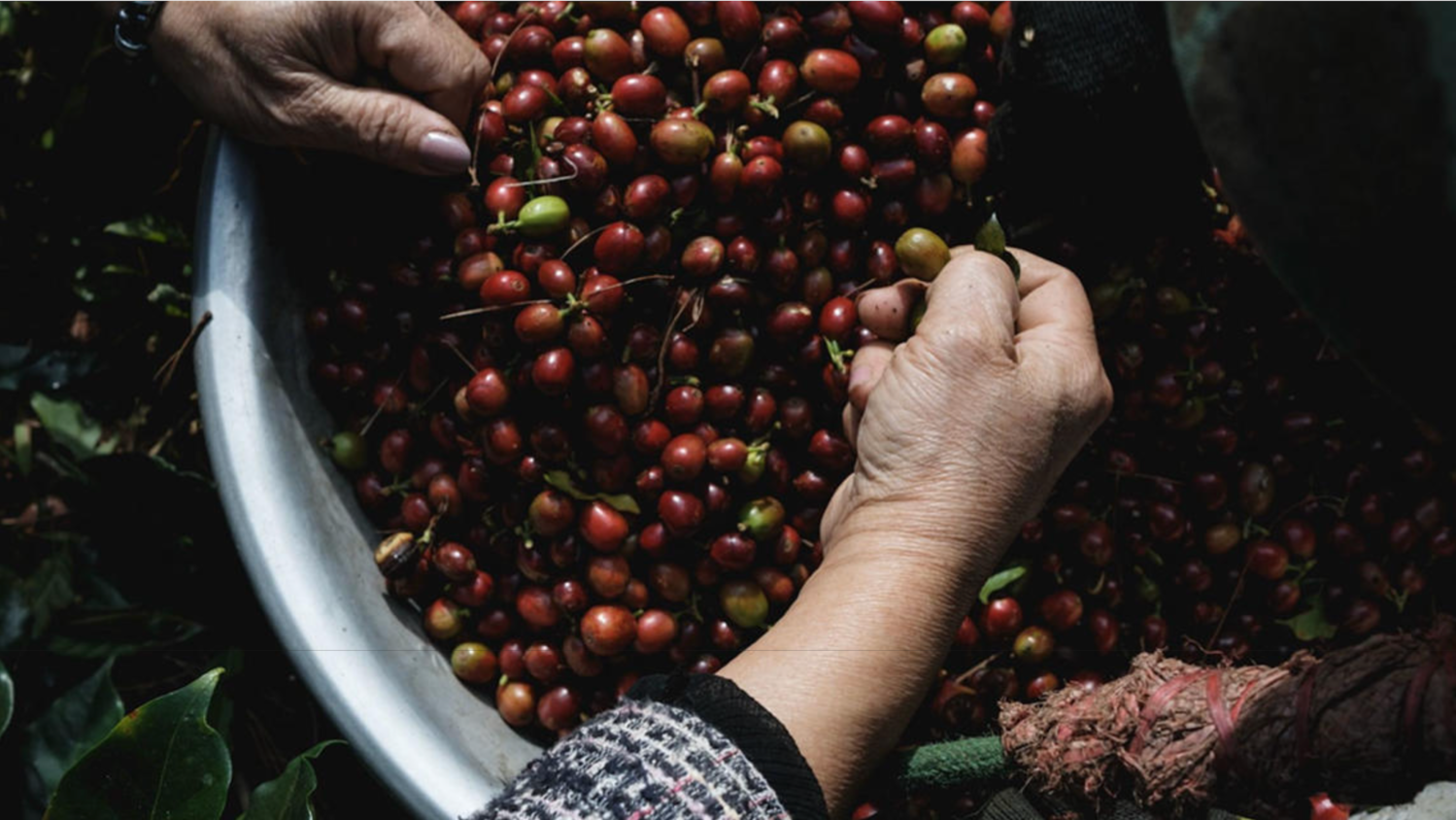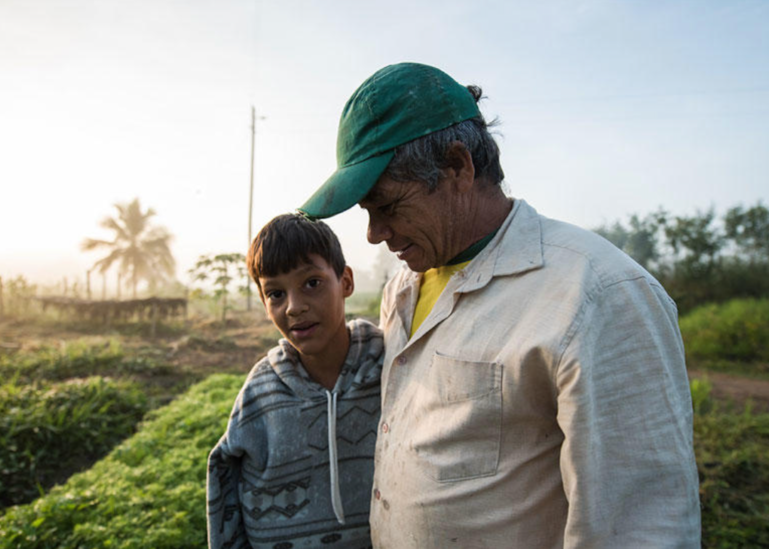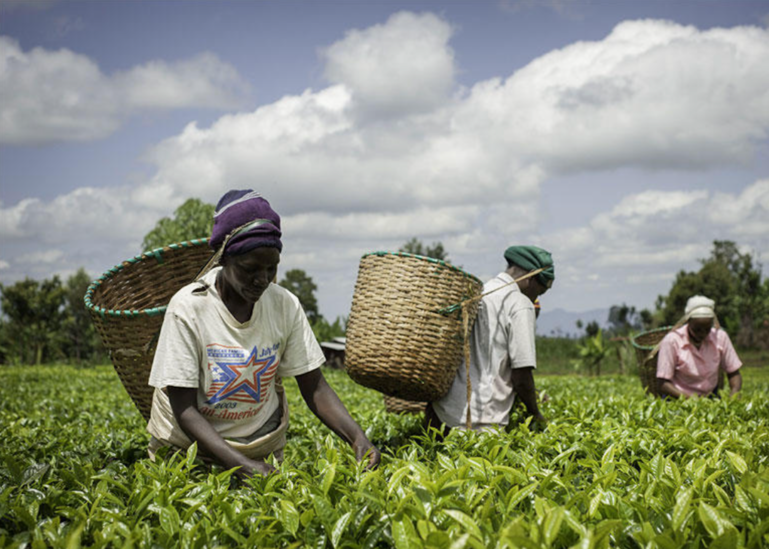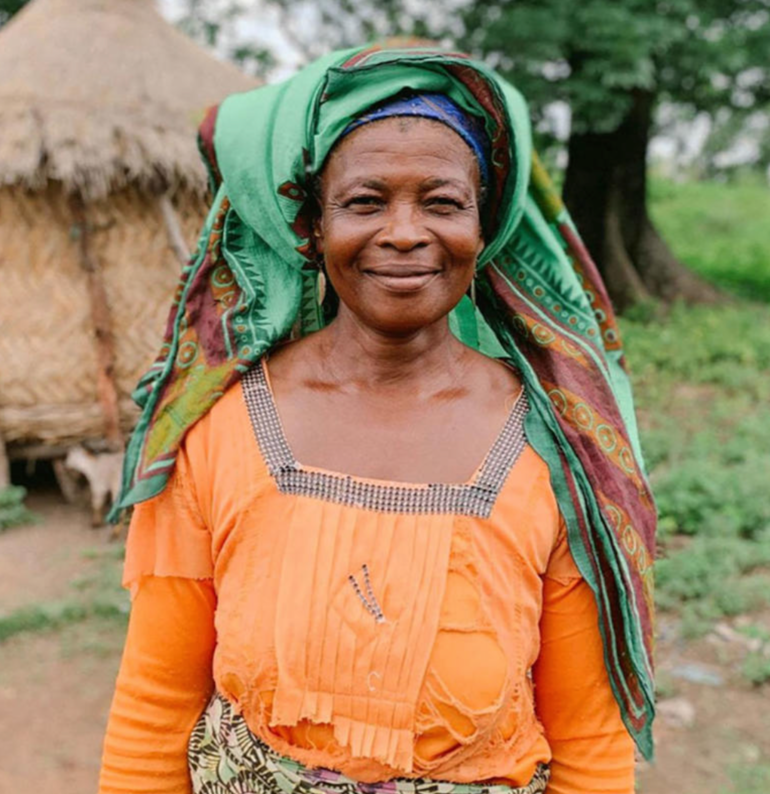The Livelihoods Funds
Valuing the power of solid coalitions to achieve long-term transformation
Location: Africa, Asia, and Latin America
Background
As the global population rapidly rises, food insecurity, environmental degradation, and social unrest only intensify. Unfortunately, the acceleration of climate change and biodiversity loss further aggravate these interlinked challenges.
For example, nearly 80% of the 1.2 billion people affected by malnutrition globally are farmers, small breeders, and fishermen who rely on the ecosystems where they live to survive. As suppliers of most of the world's food, their future success or failure will be significant in determining global food security, poverty reduction, and rural-to-urban migration patterns.
In addition, increased human activity is forcing the planet’s fragile ecosystems to become ever-more vulnerable. Meanwhile, in developed and newly industrialised countries, the existing production and consumption models have failed, showing an inability to be sustainable or scalable.
To respond to these interrelated challenges, a dual approach is needed – one that could mitigate climate change and preserve the planet’s natural resources.
Innovative Partnership This realization inspired the creation of the Livelihoods Funds, which, through a diverse coalition of public and private actors, aims to restore degraded ecosystems, build sustainable supply chains, and improve the livelihoods of millions in rural communities who are most vulnerable to the effects of climate change. What sets the Livelihoods Funds apart is the model’s reliance on community and local NGO partnerships in addition to investor partnerships. Livelihoods understands and values the power of solid coalitions to achieve long-term transformation. Hence, to ensure local communities and NGOs remain engaged, Livelihoods Funds has increased its field visits to better address the challenges that the communities and their members face, which has proved to be critical for partnership success. From the investor side, the main challenges are meeting everyone's interests, specifically from the corporates and financial investors that carry different expectations, as well as ensuring that all investors commit to prioritize maintaining a portfolio of high-quality projects over raising and deploying larger volumes of capital. At this stage, Livelihoods operates four impact investment funds that target large-scale projects in Africa, Asia, and Latin America (the Livelihoods Carbon Funds 1, 2 and 3, and the Livelihoods Funds for Family Farming). So far, 21 major companies and organizations have invested in the funds. They include Danone, Schneider Electric, Crédit Agricole S.A., Michelin, Hermès, SAP, Groupe Caisse des Dépôts, La Poste, Firmenich, Voyageurs du Monde, Mars Incorporated, Veolia, Eurofins, Orange, L’Occitane Group, Bel Group, Chanel, McCain, Mauritius Commercial Bank, DEG Invest, and the GEF (Global Environment Facility). By focusing on the portfolio level rather than the project level, investors share the investment risk.
Solutions
The Livelihoods Carbon Funds offer investors the opportunity to offset their unavoidable carbon emissions while promoting sustainable agricultural practices.
Through their investments, investors receive carbon credits generated by projects that reduce greenhouse gas emissions and enhance carbon storage in soil and trees.
These credits are certified under Gold Standard and Verra, ensuring that each project's climate impact has been thoroughly evaluated using internationally recognized methodologies.
By participating in these funds, investors can take a proactive approach towards mitigating their carbon footprint while also supporting positive environmental and social outcomes.
The Livelihoods Carbon Funds provide initial financing to top project developers for large-scale projects lasting 10-20 years. The funds receive result-based payments, in the form of carbon credits, for the risks they take on. This investment strategy is facilitated by the long-term commitment of the LCF investors.
The first Livelihoods Carbon Fund (LCF1) was launched in 2011 with 10 private investors, and an investment capacity of €45m in mangrove restoration, agroforestry, and rural energy projects. The second Livelihoods Carbon Fund (LCF2) was created in 2017 to further develop LCF1 projects and has 9 private investors and an investment capacity of an additional €65m to support 10-to-20 year projects. The third Livelihoods Carbon Fund (LCF3) was launched in 2021 with 14 investors involved. Building on the unique investment models of LCF1 and LCF2, LCF3 encourages corporate and financial investors to invest in long-term carbon compensation projects that restore natural ecosystems, agroforestry, and regenerative agriculture. LCF3 also:
- enables investors’ progress toward carbon neutrality,
- secures corporate investors’ ability to directly source (annually) in-kind carbon offsets,
- introduces a cash-based dividend distribution mechanism, and
- enables financial investors to safely tap into negotiated carbon markets’ returns through long-term carbon offset purchasing agreements.
Launched in 2015 with 4 corporates, the Livelihoods Fund for Family Farming (L3F) is an innovative investment initiative that seeks to address the interconnected issues of environmental degradation, climate change, and rural poverty. By investing in large-scale projects that promote sustainable agricultural practices and strengthen connections between smallholder farmers and supply chains, L3F aims to increase yields and improve the quality of raw materials like cocoa, palm oil, and vanilla, while also generating tangible social, economic, and environmental impacts.
Expected Impact
LCF3 aims to deploy €150m while improving the livelihoods of 2 million beneficiaries and delivering up to 30 million carbon offsets over the fund’s duration. Together, the three LCFs have an investor commitment of €260m. They aim to improve the livelihoods of four million people while sequestering or reducing the equivalent of c. 40 million tons of CO2.
With a €120m investment over 10 years and results-based payments, L3F is committed to transforming supply chains and improving the lives of smallholder farmers. As of December 2022, L3F has eight projects under implementation.
It has positively impacted over 64,000 people and initiated sustainable agriculture practices over and/or preserved 9,778 hectares.
The Livelihoods projects are contributing to the improvement of living conditions of 1.8 million people around the world.
To date, the funds have contributed to planting 148 million trees, capturing or reducing 4.3 MTCO2, restoring or rehabilitating 38,000 hectares of natural, biodiversity-rich ecosystems, and converting 50,00 hectares to sustainable agricultural practices.
Sources
- https://livelihoods.eu/launch-of-a-3rd-carbon-fund/
- https://livelihoods.eu/about-us/history/
- https://livelihoods.eu/lcf/
- https://livelihoods.eu/l3f/
- Interview with Marion Daras-Carlier, Director of Communication & Network, Livelihoods Funds.




